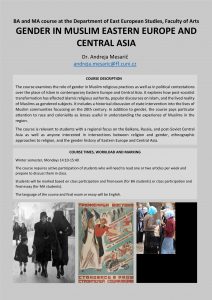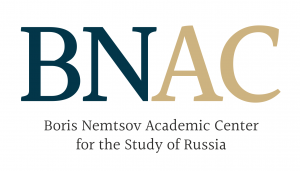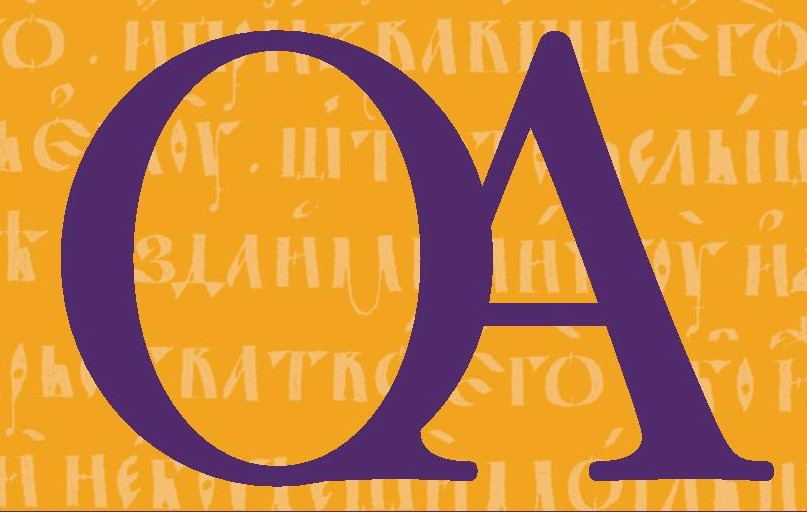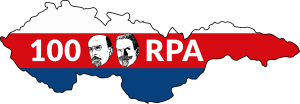
COURSE DESCRIPTION
The course examines the role of gender in Muslim religious practices as well as in political contestations over the place of Islam in contemporary Eastern Europe and Central Asia. It explores how post-socialist transformation has affected Islamic religious authority, popular discourses on Islam, and the lived reality of Muslims as gendered subjects. It includes a historical discussion of state intervention into the lives of Muslim communities focussing on the 20th century. In addition to gender, the course pays particular attention to race and coloniality as lenses useful in understanding the experience of Muslims in the region.
The course is relevant to students with a regional focus on the Balkans, Russia, and post-Soviet Central Asia as well as anyone interested in intersections between religion and gender, ethnographic approaches to religion, and the gender history of Eastern Europe and Central Asia.
COURSE TIMES, WORKLOAD AND MARKING
Winter semester, Mondays 14:10-15:40
The course requires active participation of students who will need to read one or two articles per week and prepare to discuss them in class.
Students will be marked based on class participation and final exam (for BA students) or class participation and final essay (for MA students).
The language of the course and final exam or essay will be English.



